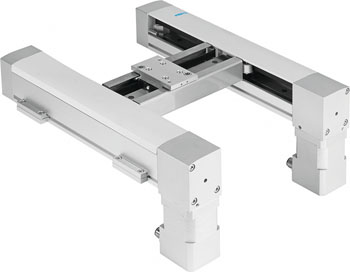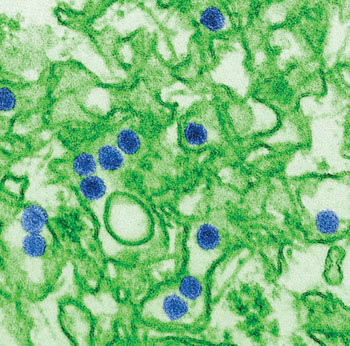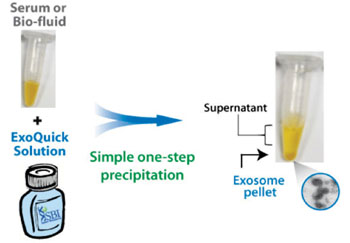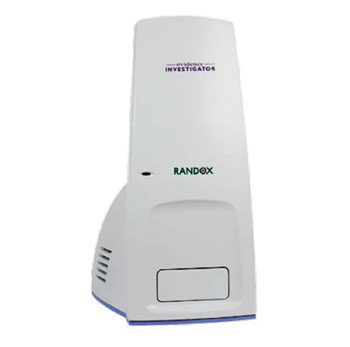Automation Solutions for Clinical Diagnostic Equipment Showcased at AACC 2016
By LabMedica International staff writers
Posted on 04 Aug 2016
In active demonstrations and static displays, several automated solutions for diagnostics laboratories and manufacturers are being presented by Festo (Hauppauge, NY, USA, and Esslingen am Neckar, Germany) at the 2016 AACC Annual Meeting & Clinical Lab Expo (July 31 - August 4; Philadelphia, PA, USA).Posted on 04 Aug 2016
Equipment manufacturers partnering with Festo typically bring products to market faster. As a case in point, Rheonix, Inc. representatives will be in the Festo booth discussing the impact of Festo automation and productivity programs on the development of the company’s EncompassMDx system – a one-stop solution for molecular diagnostic assays. The EncompassMDx automates sample preparation designed to isolate DNA and RNA from a variety of samples. Its detection capabilities combine the capacity of a microarray with the speed and resolution of qPCR in one unit.

Image: The EXCM – a compact Cartesian handling system for clinical automation (Image courtesy of Festo).
In collaboration with New York University College of Dentistry (NYUCD), Rheonix has received funding to develop a rapid diagnostic capability for the Zika virus. The grant will allow the Rheonix/NYUCD team to pursue development of a fully automated screening and self-confirming assay that will simultaneously detect and confirm the presence of Zika virus in a single small sample of saliva or blood. The proposed approach builds upon previous success in which the Rheonix/NYUCD team developed a dual assay for simultaneous detection of HIV antibodies and viral RNA in a single specimen.
One of a number of Festo systems on display is EXCM – a handling system for clinical automation as a compact benchtop Cartesian robot. An active demonstration features the Mini-H gantry with a Z telescope slide axis for microfluidic dosing. Another demonstration simulates the transfer of whole blood from the specimen to an analysis chip within a small footprint device. In this demo, a gripper removes a vial from a tray and transfers it to an integrated rotary gripping unit. The system’s camera reads a barcode and approves eligibility for testing. This demo features the Festo CPX control system, which reduces the complexity of control and motion integration.
Festo also highlights the Single Axis Variable Pitch Module (SVPM) with up to 8 pipettes – it can aspirate or dispense from a 96 well plate, then expand to a different pitch to aspirate or dispense into a large variety of fluid containers such as tubes, chips, or vials.
The AquaJellies from the Festo Bionic Learning Network are artificial, autonomous jellyfish with electric drives and intelligent, adaptive mechanical systems. AACC attendees will see the bionic jellyfish in their new 500 gallon/1,900 liter tank. The movements of the AquaJellies come as close as possible to simulating jellyfish undulating through the world’s oceans. The integrated communication and sensor technology plus the real-time diagnostics enable coordinated, collective behavior among AquaJellies even in a limited space.
Related Links:
Festo













